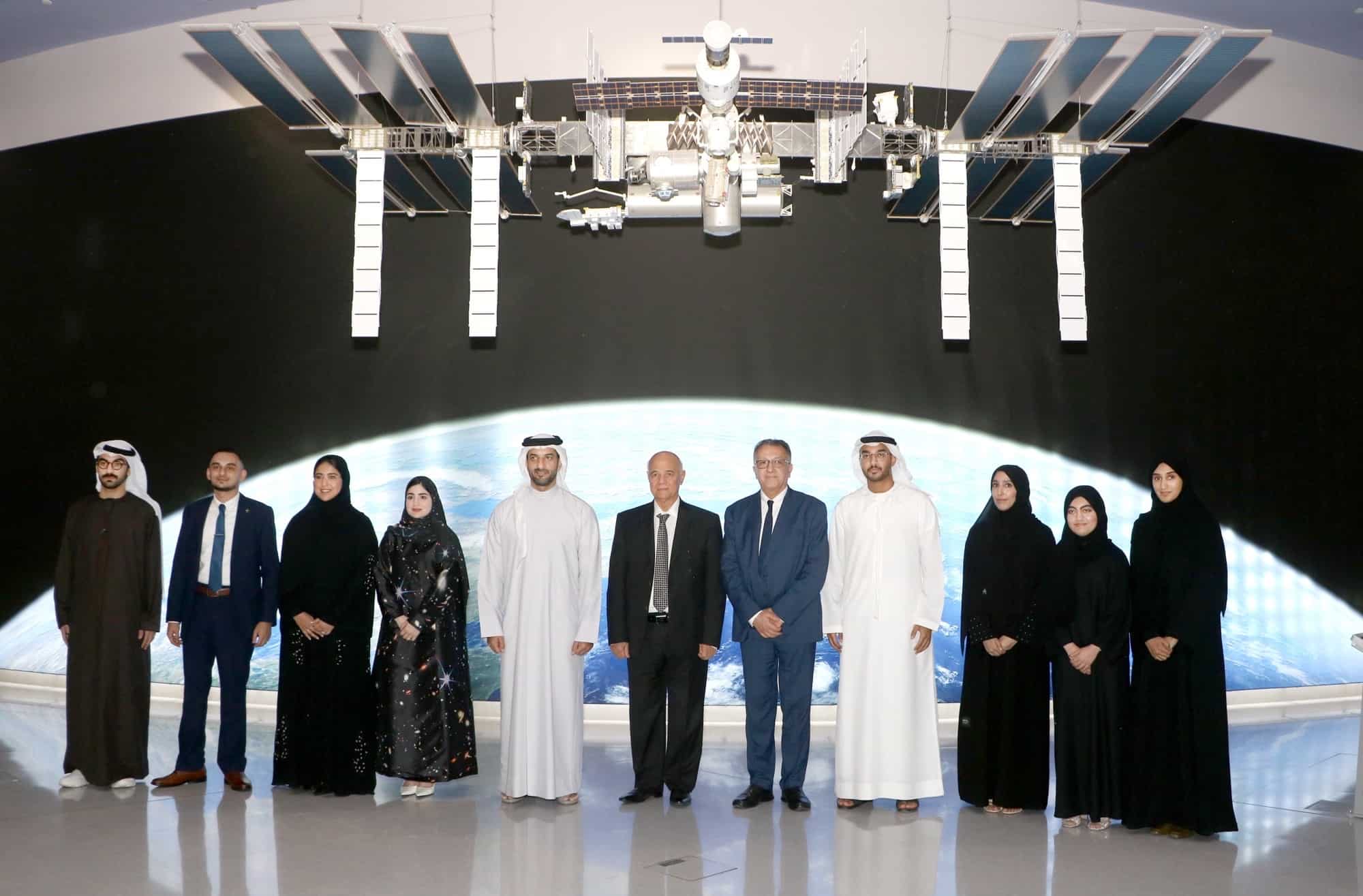Sharjah, UAE – The Sharjah Academy for Astronomy, Space Sciences and Technology (SAASST) of the University of Sharjah (UoS), has received the first communication signal from its first CubeSat, “Sharjah-Sat-1,” on Tuesday, once it reached its orbit around Earth.
Sharjah-Sat-1 is the first miniaturized satellite, launched by SAASST on Jan 3, as part of a series of CubeSats that the UoS intends to launch in cooperation with several national institutions and organizations in Sharjah.
The project engineers at SAASST were prepared to receive the first communication signal from the CubeSat after it reached its orbit around Earth.
The signal demonstrates the state of the satellite and its readiness to perform its mission after a successful deployment from the main spacecraft.
Sharjah-Sat-1 is now in its low Earth orbit, 550 kilometres above the Earth’s surface. Therefore, the operation of the subsystem started gradually as the small satellite began its 90 minutes orbit around Earth.
The SAASST engineering team is continuously monitoring the movement of the CubeSat once it passes over the emirate of Sharjah.
More signals are expected to be received and sent to check on the health of all subsystems, especially the iXRD detector and the dual cameras.








